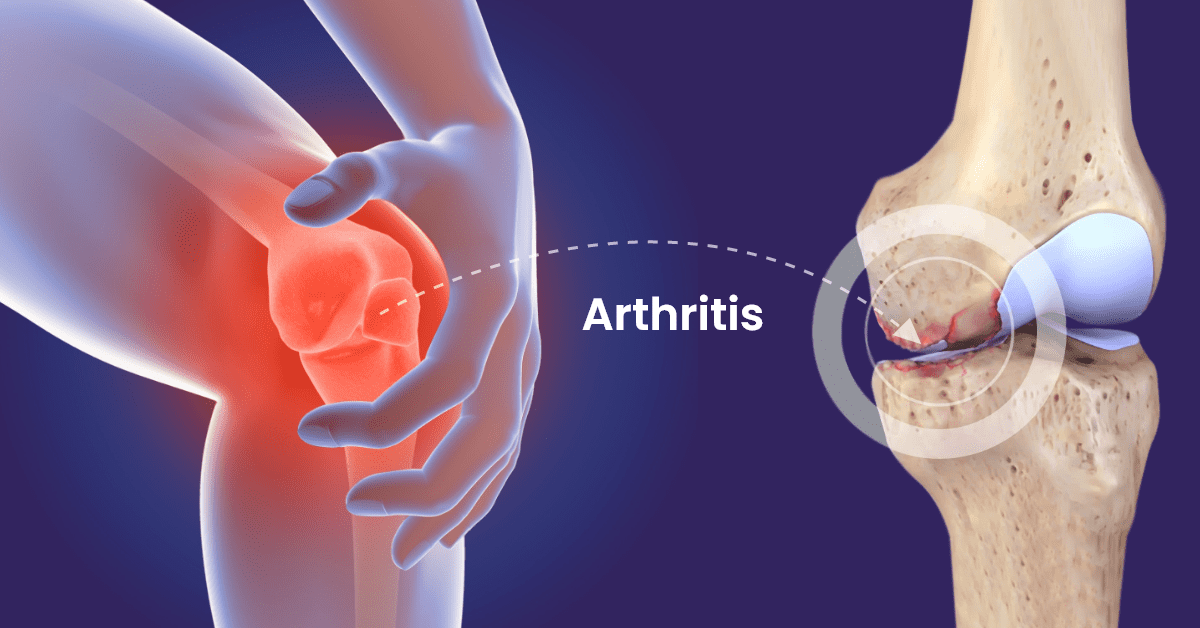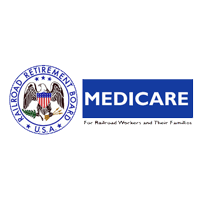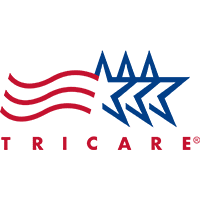
Arthritis
Signs and symptoms
- Weight loss/weight gain
- Malaise and fatigue
- Inability to use the hand or walk
- Poor sleep
- Stiffness, which may be worse in the morning, or after use
Risk Factors
- Obesity
- Age
- Joint injury
- Occupational hazards that cause stress on the joints
Book an Appointment
Book your appointment by filling the form below, or feel free schedule an appointment by sending a message to 913-210-9742.
Treatments we offer
Acute and Chronic pain management is a subspecialty beyond the use of pain medications. We believe in a multimodal approach which includes different groups of medications, physical therapy, nerve block and other minimally invasive bedside procedures. Treatment options vary depending on the type and location of arthritis and can include physical therapy, lifestyle changes (including exercise and weight control), nerve branch blocks, peripheral nerve stimulators, and medications. Injectable medications can help reduce inflammation in the joint which decreases pain, or help the patient manage their pain daily with an oral medication. In arthritis the joints become stiff and the range of movement can be limited. Physical therapy has been shown to significantly improve function, decrease pain, and delay need for surgical intervention in advanced cases.
Kansas Pain Management offers steroid joint injections to combat inflammation in the joints and relieve pain. In some cases, the provider may recommend a series of steroid injections to relieve pain. The steroid can be injected directly into the inflamed joint or in the soft tissue near the joint. You may be given a local anesthetic to reduce any discomfort and most patients find the pain will subside a short period after the steroid injection.
Platelet rich plasma (PRP) therapy is also used to treat arthritis. PRP works with the natural healing properties of the blood to repair the joints. This procedure is most commonly used for knee osteoarthritis however, it may be used for other joints as well. PRP injections reduce the pain, inhibits inflammation in joints. Moreover, the increase in production of lubricating fluid in the joint can ease friction and enable easy movement of the joint.
Aside from PRP, injection of lubricating fluid such as hyaluronic acid can ease the joint friction and enable easy movement of the joint. Hyaluronic acid functions similarly to the natural synovial fluid of the joint, and can be injected in a gel form if a patient is unable to be treated with steroids.
Some of the other surgical procedures we provide:
Insurance We Accept

















GoodBased on 106 reviews
 Toni SeyhunMay 15, 2023I started seeing Dr Kneeman a few months ago. He is kind and listens to you. I've had the best experience with him. Just had a spinal injection and he made sure I was not uncomfortable. He is the best!
Toni SeyhunMay 15, 2023I started seeing Dr Kneeman a few months ago. He is kind and listens to you. I've had the best experience with him. Just had a spinal injection and he made sure I was not uncomfortable. He is the best! Deborah SpindlerFebruary 14, 2023
Deborah SpindlerFebruary 14, 2023 Ally LudlumDecember 9, 2022Dr. Kneeman took over my care about a year ago, though I have been under KPA's care for about 6 years now. I started with Dr. Gupta. I had been unable to work due to Occipital Neuralgia (diagnosed just before I came to Dr. Gupta), and Dr. Gupta got me back to work in about 3 years, which was an amazing feat! With my treatment plan in place, and Dr. Gupta spending less time at the pain clinic in Ottawa, I started seeing others in his practice. They were great doctors! But I never felt the same level of engagement with them as I had felt with Dr. Gupta. Then I found Dr. Kneeman!! I am always a nervous wreck when I see someone new, but Dr. Kneeman is awesome! Calm as a cucumber while still being very engaged! He's very thorough and very practiced with the tools of his trade! When we decided it was time to renew my RFA (radiofrequency ablation) and we went to do the nerve-block tests, Dr. Kneeman prevented me from experiencing potentially terrifying side-effects! There had been a miscommunication from the last time I had nerve block done (not with KPM) and I was not supposed to be taking OTC aspirin for a week prior to the blocks! (Which I had been as I had no idea!) Dr. Kneeman is the one who discovered this, through the nurse asking him about Ibuprofen that I had taken earlier the day before so he came in to talk to me. We could not do the nerve block that day, but I was, and am, incredibly grateful that he caught the issue before it could become a terrifying experience! Yesterday I had my RFA with him, and he was just as awesome as ever! It helped that I knew I was in amazingly competent hands, so it seemed like no time at all I was back at home, feeling better already! TlDr: I started with Dr. Gupta (who remains awesome), but I am also ecstatically happy that I am now Dr. Kneeman's patient. Both doctors are absolutely incredible and I am so, so grateful to and for them.
Ally LudlumDecember 9, 2022Dr. Kneeman took over my care about a year ago, though I have been under KPA's care for about 6 years now. I started with Dr. Gupta. I had been unable to work due to Occipital Neuralgia (diagnosed just before I came to Dr. Gupta), and Dr. Gupta got me back to work in about 3 years, which was an amazing feat! With my treatment plan in place, and Dr. Gupta spending less time at the pain clinic in Ottawa, I started seeing others in his practice. They were great doctors! But I never felt the same level of engagement with them as I had felt with Dr. Gupta. Then I found Dr. Kneeman!! I am always a nervous wreck when I see someone new, but Dr. Kneeman is awesome! Calm as a cucumber while still being very engaged! He's very thorough and very practiced with the tools of his trade! When we decided it was time to renew my RFA (radiofrequency ablation) and we went to do the nerve-block tests, Dr. Kneeman prevented me from experiencing potentially terrifying side-effects! There had been a miscommunication from the last time I had nerve block done (not with KPM) and I was not supposed to be taking OTC aspirin for a week prior to the blocks! (Which I had been as I had no idea!) Dr. Kneeman is the one who discovered this, through the nurse asking him about Ibuprofen that I had taken earlier the day before so he came in to talk to me. We could not do the nerve block that day, but I was, and am, incredibly grateful that he caught the issue before it could become a terrifying experience! Yesterday I had my RFA with him, and he was just as awesome as ever! It helped that I knew I was in amazingly competent hands, so it seemed like no time at all I was back at home, feeling better already! TlDr: I started with Dr. Gupta (who remains awesome), but I am also ecstatically happy that I am now Dr. Kneeman's patient. Both doctors are absolutely incredible and I am so, so grateful to and for them. Amanda ConcannonDecember 6, 2022The Doctors and nursing staff are so wonderful here. They listen to you and work diligently to make you more comfortable. I have lived with an enormous amount of pain for too long. Washing dishes, cooking, getting into my bed and sleeping ,and several minor activities are so painful for me. The doctors here have worked with me and have given me treatment that has made an enormous difference in my life. I recommend them 100% over any other place you could go.
Amanda ConcannonDecember 6, 2022The Doctors and nursing staff are so wonderful here. They listen to you and work diligently to make you more comfortable. I have lived with an enormous amount of pain for too long. Washing dishes, cooking, getting into my bed and sleeping ,and several minor activities are so painful for me. The doctors here have worked with me and have given me treatment that has made an enormous difference in my life. I recommend them 100% over any other place you could go. Tom DavidsonSeptember 23, 2022I've been going to see Dr. GUPTA for several years. He interested me in using a Nevro Device for the pain in my legs & back. Many years ago I had back surgery & over the years the pain had gotten almost unbearable. The device was a godsend. The follow ups by Nevro people were great & helpful. The staff are very helpful and friendly.
Tom DavidsonSeptember 23, 2022I've been going to see Dr. GUPTA for several years. He interested me in using a Nevro Device for the pain in my legs & back. Many years ago I had back surgery & over the years the pain had gotten almost unbearable. The device was a godsend. The follow ups by Nevro people were great & helpful. The staff are very helpful and friendly. Opal WatsonSeptember 23, 2022Good experience every time..staff is great...Dr Gupta is the best...have experiences with him over several years....
Opal WatsonSeptember 23, 2022Good experience every time..staff is great...Dr Gupta is the best...have experiences with him over several years....
Locations where we have our Offices
Quivira Office
Main Office
10995 Quivira Rd,
Overland Park, KS 66210
Phone No. :- 913-339-9437
Lawrence Office
4100 West 6th Ave Lawrence 66049 Kansas USA
Phone No. :- 913-339-9437
Sunflower-Roeland Park
5675 Roe Blvd, suite 210, Roeland Park, KS 66205, USA
Phone No. :- 913-339-9437
Menorah Medical Center
5701 W 119th St, Suite # 102 Overland Park, KS 66209
Phone No. :- 913-339-9437
